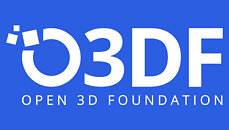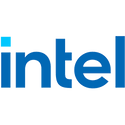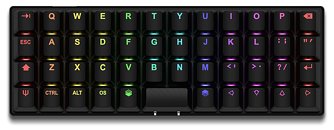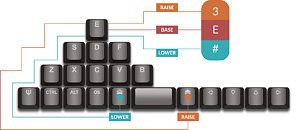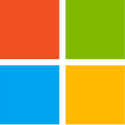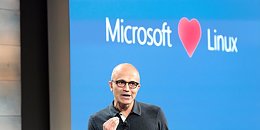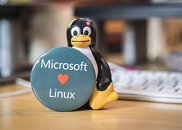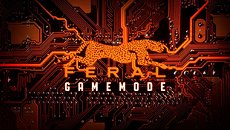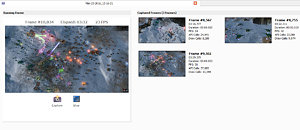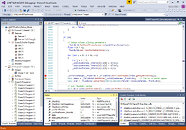
Linux Foundation to Form New Open 3D Foundation
The Linux Foundation, the nonprofit organization enabling mass innovation through open source, today announced an intent to form the Open 3D Foundation to accelerate developer collaboration on 3D game and simulation technology. The Open 3D Foundation will support open source projects that advance capabilities related to 3D graphics, rendering, authoring, and development. As the first project governed by the new foundation, Amazon Web Services, Inc. (AWS) is contributing an updated version of the Amazon Lumberyard game engine as the Open 3D Engine (O3DE), under the permissive Apache 2.0 license. The Open 3D Engine enables developers and content creators to build 3D experiences unencumbered by commercial terms and will provide the support and infrastructure of an open source community through forums, code repositories, and developer events. A developer preview of O3DE is available on GitHub today. For more information and/or to contribute, please visit: https://o3de.org
3D engines are used to create a range of virtual experiences, including games and simulations, by providing capabilities such as 3D rendering, content authoring tools, animation, physics systems, and asset processing. Many developers are seeking ways to build their intellectual property on top of an open source engine where the roadmap is highly visible, openly governed, and collaborative to the community as a whole. More developers look to be able to create or augment their current technological foundations with highly collaborative solutions that can be used in any development environment. O3DE introduces a new ecosystem for developers and content creators to innovate, build, share, and distribute immersive 3D worlds that will inspire their users with rich experiences that bring the imaginations of their creators to life.
3D engines are used to create a range of virtual experiences, including games and simulations, by providing capabilities such as 3D rendering, content authoring tools, animation, physics systems, and asset processing. Many developers are seeking ways to build their intellectual property on top of an open source engine where the roadmap is highly visible, openly governed, and collaborative to the community as a whole. More developers look to be able to create or augment their current technological foundations with highly collaborative solutions that can be used in any development environment. O3DE introduces a new ecosystem for developers and content creators to innovate, build, share, and distribute immersive 3D worlds that will inspire their users with rich experiences that bring the imaginations of their creators to life.
